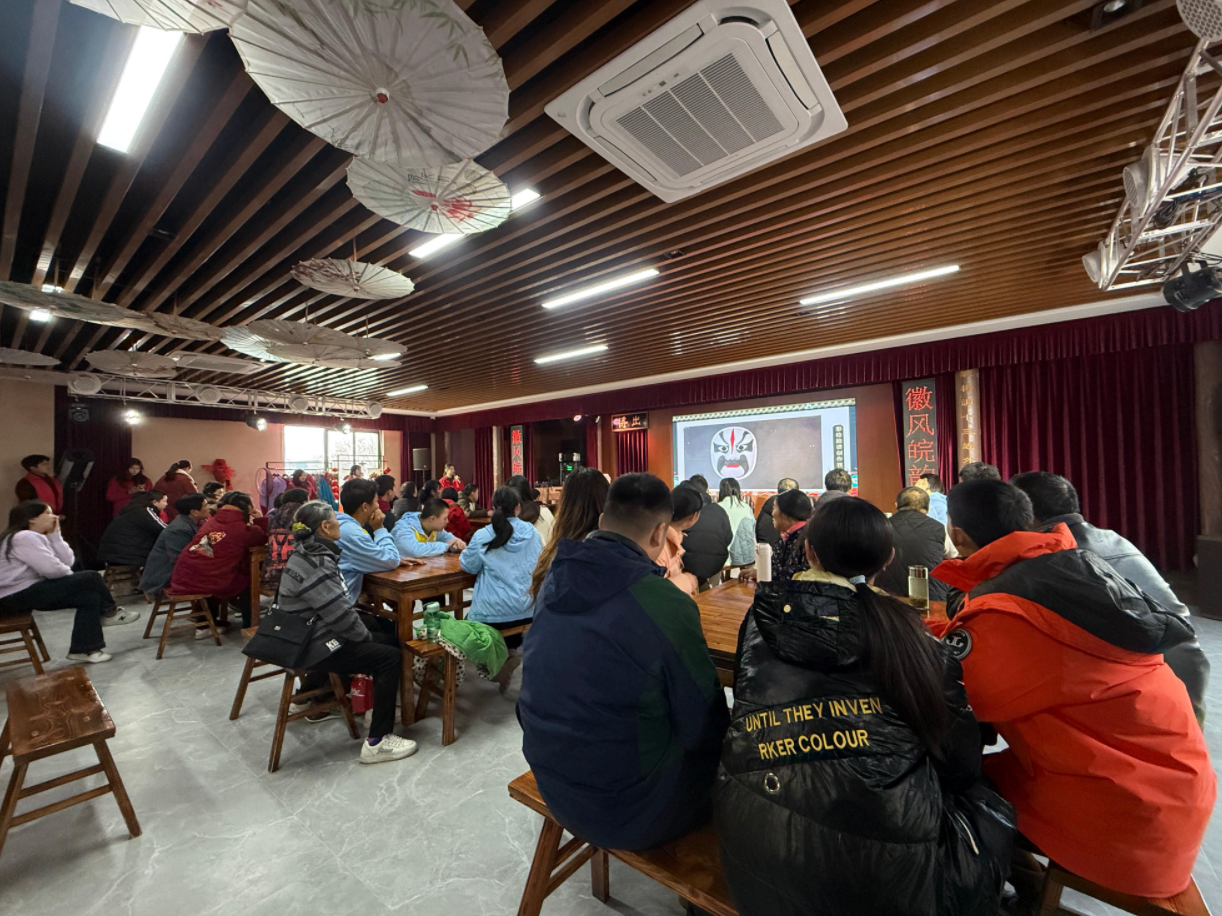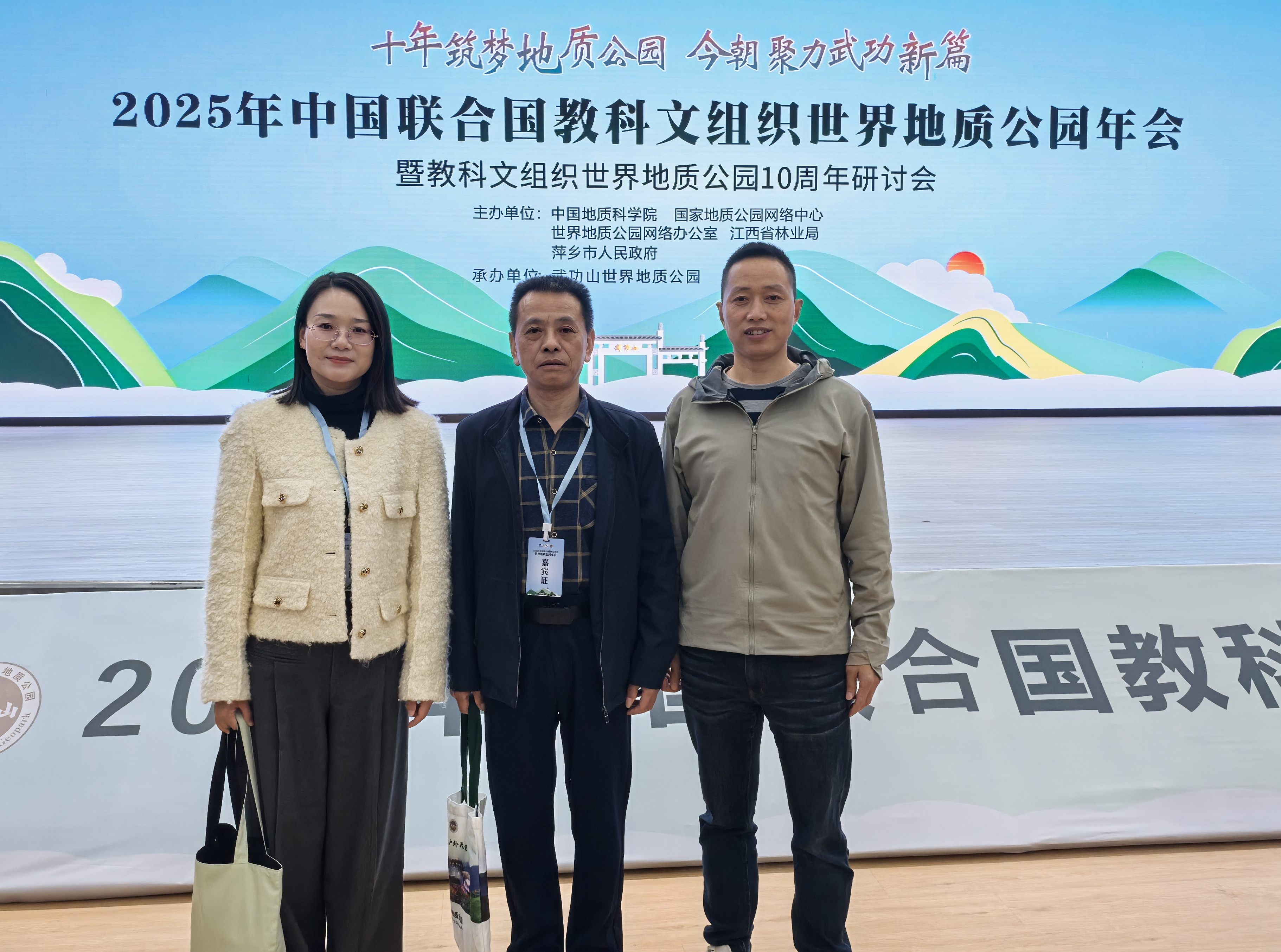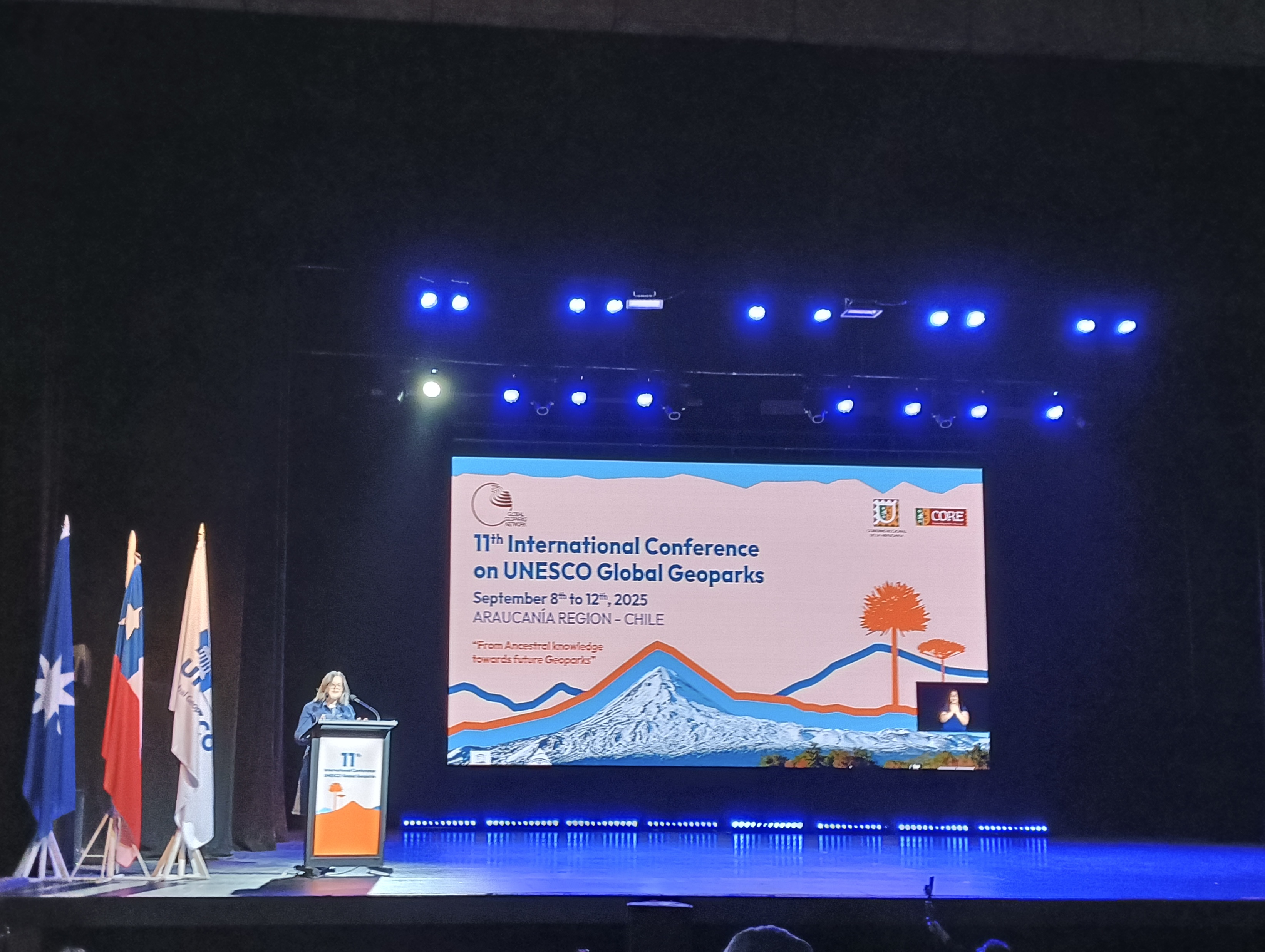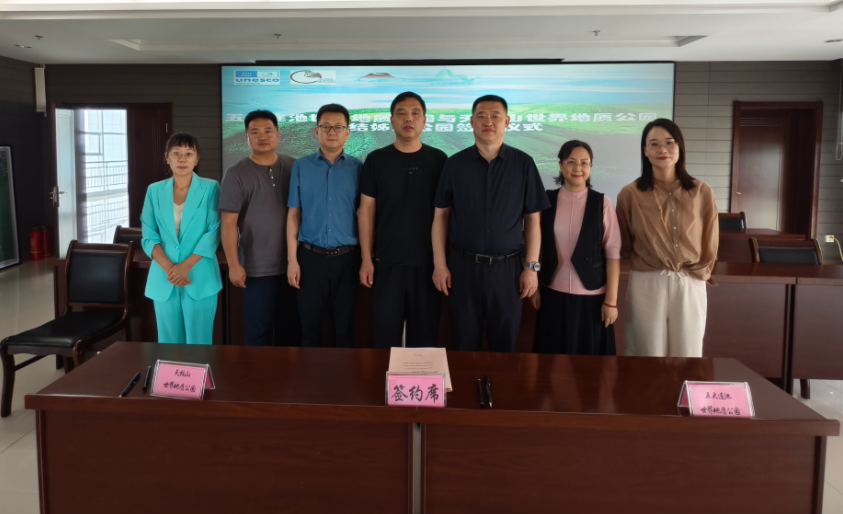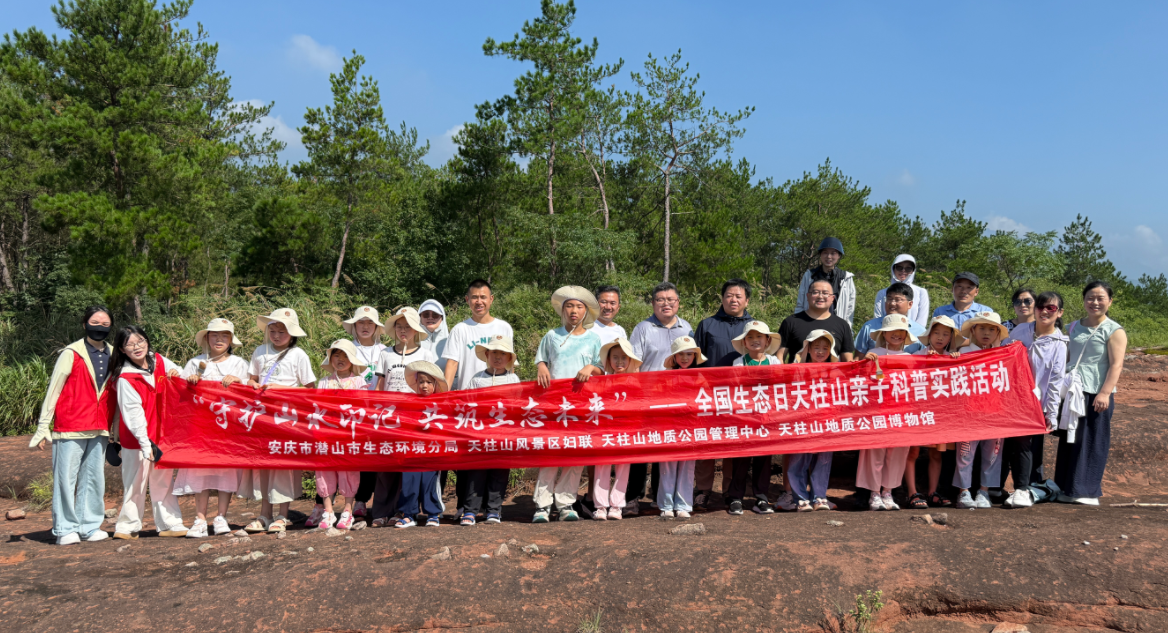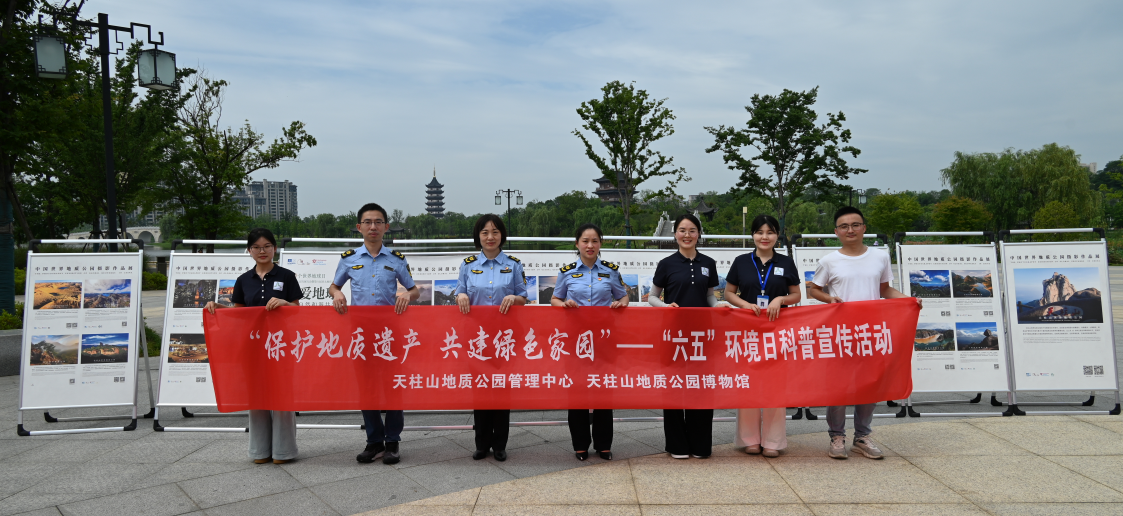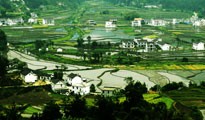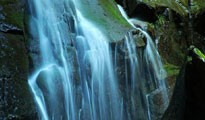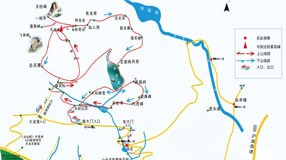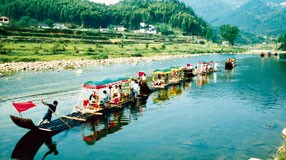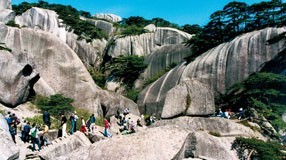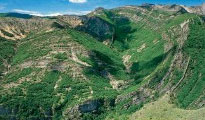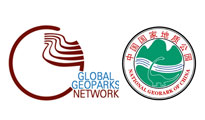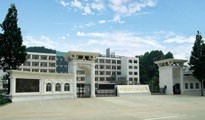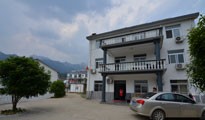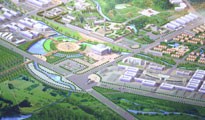1
What is a Global Geopark?
The term "Geopark" first appeared in UNESCO Geoparks Programme
published by the United Nations Educational, Scientific and Cultural
Organization (UNESCO) in 1997. UNESCO proposed the Geopark concept in 1999. It
defines a geopark as an area containing geological heritage sites of particular
and international importance. These Earth heritage sites require a comprehensive
and coordinated management framework and a strategy for sustainable economic
development. A geopark achieves its goals through a three-pronged approach.
Firstly, it protects geosites and the natural environment. Secondly, it
promotes popularization of earth sciences and improvement of public science
literacy. Thirdly, it supports sustainable local economic and social
development. The main goals of a Geopark are as follows:
To protect the geo-areas within the geopark through proper planning,
management and legislation;
To encourage the sustainable use of geo-sites for knowledge-transfer
activities;
To promote geo-tourism and local engagement activities in the geo-areas
and neighborhood area.
2
Is a Geopark only about geology?
No! While a geopark must demonstrate geological heritage of
international significance, the purpose of a geopark is to explore, develop and
celebrate the links between that geological heritage and all other aspects of
the area's natural, cultural and intangible heritages. It is about reconnecting
human society at all levels to the planet we all call home and to celebrate how
our planet and its 4,600 million year long history have shaped every aspect of
our lives and our societies.
3
What is the Global Geoparks Network?
The Global Geoparks Network (GGN) is a legally constituted
not-for-profit organization. The GGN is a dynamic network where members are
committed to working together and exchanging ideas of best practice and joining in common
projects to raise the quality standards of all products and practices of a
Global Geopark. While the GGN as a whole comes together every two years, the
GGN functions through the operation of regional networks such as the European
Geoparks Network which meets twice a year to develop and promote joint
activities. To become a global geopark, a geopark has to apply to its national
government first, and submit its global geopark application document to UNESCO
through the relevant state agencies. The geopark is then assessed by UNESCO,
and candidate geoparks that fulfill all the stringent requirements are awarded
Global Geopark status, and continue to be assessed every four years.
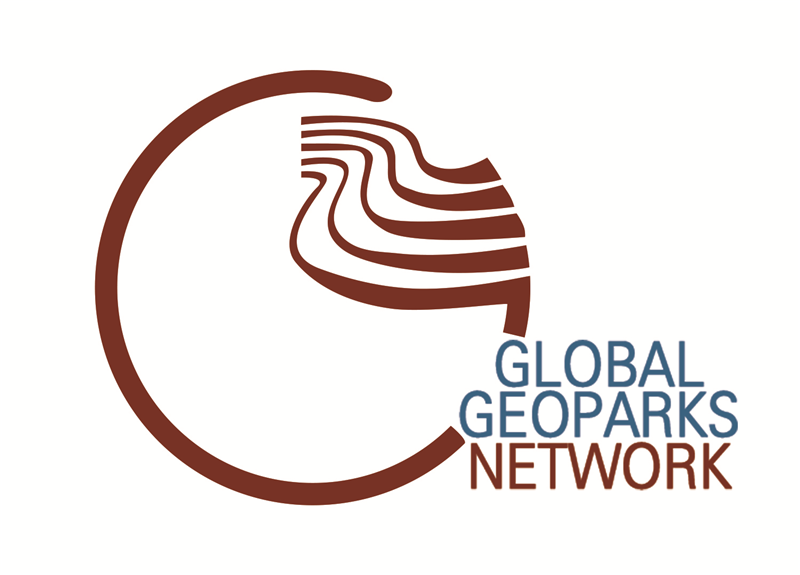
4
What is a Chinese Geopark Network?
Because it covers such a large area,
China is rich in geological resources and its geoparks have been developing
rapidly, with 241 national geoparks established in seven groups since 2001. To
become a National Geopark of China, a geopark has to fulfill a comprehensive
set of regulations and requirements. Candidate geoparks are assessed by
professionals from the National Government. Successful candidates are
designated National Geoparks.
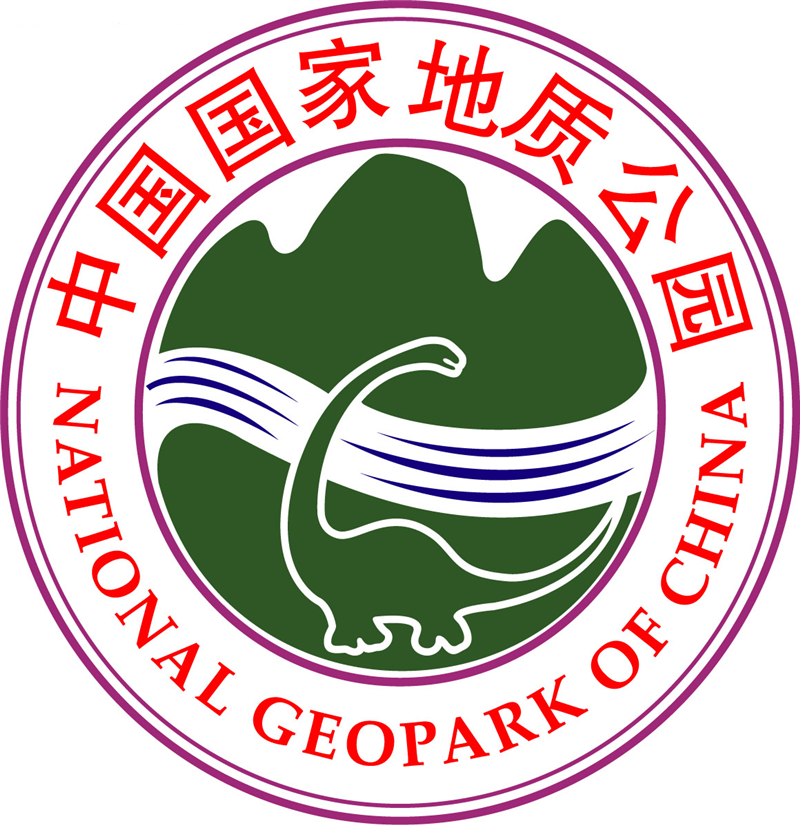
5
Where are the Global Geoparks?
By the end of 2014, 111 global geoparks in 32 countries have been
established since UNESCO advocated establishing global geoparks in 2004. Of
these more than 100 global geoparks, 31 are in China.
6
Geoparks and education
It is a pre-requisite that all Global Geoparks develop and operate
educational programmes at a range of levels to spread awareness of our
geological heritage and its links to other aspects of our natural, cultural
and intangible heritages.
7
Geoparks and science
Global Geopark are special areas where the geological heritage, or
geodiversity, is of international importance. Global Geoparks are thus
encouraged to work with academic institutions to engage in active scientific
research in the Earth Sciences, and other disciplines as appropriate, to advance
our knowledge about the Earth and its processes.


Scientists from Paleovertebrates and
Paleoanthropology Institute of the Chinese Academy of Sciences, has been
studying fossils in Tianzhushan Global Geopark
8
Geoparks and Culture
The motto of the Global Geoprk Network is “Celebrating Earth Heritage,
Sustaining Local Communities.” Geoparks are fundamentally about people and
about exploring and celebrating the links between our communities and the Earth. The Earth has shaped who we are: it has shaped our farming practises,
the building materials and methods we have used for our homes, even our
mythology, folklore and folk traditions. Global Geoparks therefore engage in a
range of activities to celebrate these links.
9
Geoparks and sustainable development
Even if an area has outstanding, world-famous geological heritage of
outstanding universal value it cannot be a Global Geopark unless the area also
has a plan for the sustainable development of the people who live there. This
development may take the form of sustainable tourism through, for example, the
development of walking or cycling trails, training of local people to act as
guides, encouraging tourism and accommodation providers to follow international
best practise in environmental sustainability. But it can also be about simply
engaging with local people and respecting their traditional way of life in a
way that empowers them and respects their human rights and dignity. Unless a
Global Geopark has the support of local people it will not succeed. Global
Geopark status does not imply restrictions on any economic activity a Geopark
where that activity complies with local, regional or national legislation.


















